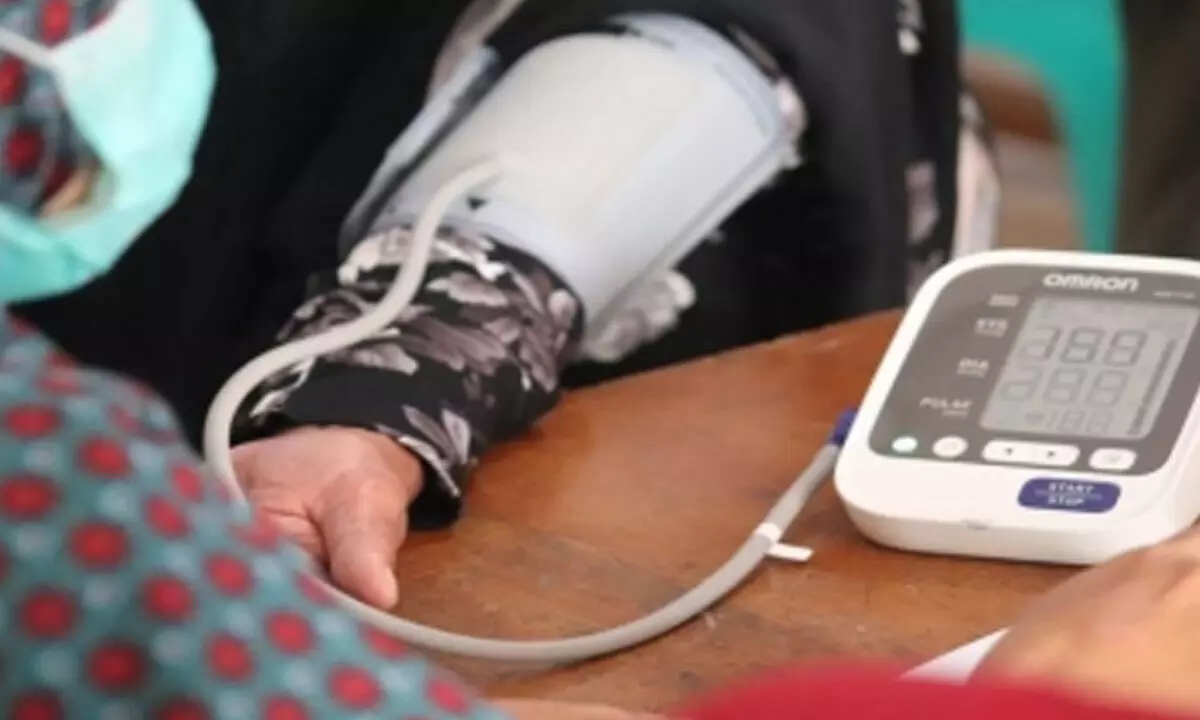Younger kidney cancer survivors at high risk for heart problems: Study
Share :

Adolescent and young adult kidney cancer survivors are at a significantly elevated risk for heart issues, majorly due to increased levels of hypertension or high blood pressure, finds a study.
New York: Adolescent and young adult kidney cancer survivors are at a significantly elevated risk for heart issues, majorly due to increased levels of hypertension or high blood pressure, finds a study.
Cardiovascular disease is a leading cause of health complications and death among adolescents and young adults (between the ages of 15 and 39) diagnosed with cancer.
In the study, published in the Journal of the National Comprehensive Cancer Network, the researchers found that two medications used in the treatment of kidney cancer raises the risk of high blood pressure.
People who took two drugs called sunitinib and sorafenib that aids in blocking blood vessel growth eventually developed hypertension.
“The large number of adolescents and young adults who had high blood pressure during treatment with sunitinib or sorafenib suggests that even individuals without identifiable pre-existing factors -- such as older age, obesity and male gender -- are also at significant risk for hypertension from these drugs,” said lead author Wendy Bottinor, a cardio-oncologist at Virginia Commonwealth University.
Further, the team found that besides kidney, adolescents and young adult survivors of thyroid and colorectal tumours are also at risk for a type of heart failure called left ventricular systolic dysfunction.
Hypertension forces the heart and blood vessels to work overtime, eventually damaging the tissues in the arteries and increasing a person’s odds of irregular heartbeat, heart attack or stroke.
The study showed that sunitinib and sorafenib, which hinder the growth of blood vessels that support tumour growth, are often used as an effective therapeutic option for adult and paediatric cancer patients. However, “cardiovascular toxicities can be a significant limitation of this treatment, with hypertension and left ventricular dysfunction among the most common,” Bottinor said.
“Adolescents and young adults are an underrepresented group in cancer research with a significant cardiovascular burden,” Bottinor said.
“Understanding the relationship between cancer diagnosis, treatment and heart disease is imperative to promoting cardiovascular health over the entire lifetime of adolescent and young adult cancer survivors.”















